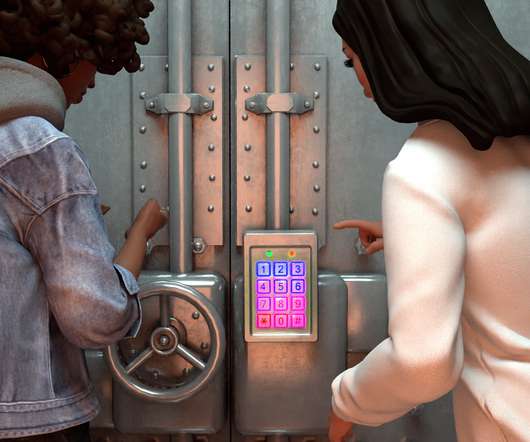Virtual social network IMVU raises $35M from China’s NetEase and others
TechCrunch
JANUARY 25, 2021
The line between social networking and gaming is increasingly blurring , and internet incumbents are taking notice. NetEase, the second-largest gaming company in China (behind Tencent), is among a group of investors who just backed IMVU, an avatar-focused social network operating out of California.













Let's personalize your content